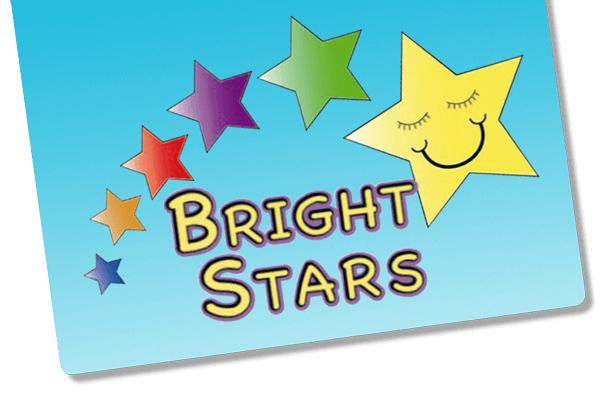
At Bright Stars, we are privileged to learn, play and work on the ancestral lands of the Gweagal, Bidjigal and Gadigal Clans. We extend our sincere respect to their Elders, both past, present, and emerging, as the custodians of these lands.
Embarking on our journey with the Early Years Learning Framework (EYLF) Outcomes 2.0, our fundamental aim is to create an inclusive, friendly, and nurturing space. This. We strive to offer meaningful learning experiences, shaped by active collaboration between our educators and the children's families. We maintain a curriculum driven by each child’s unique abilities, interests, and cultural backgrounds.
We take pride in our play-based learning approach, which encourages critical thinking, risk-taking, exploration, and negotiation. We embrace 'teachable moments' to guide children in understanding the world around them. Our routines and activities leverage the power of play to stimulate creativity and discovery, while promoting positive interactions with educators to foster a secure, trusting relationship.
Our curriculum design is driven by intentional, play-based learning experiences that promote creativity, discovery, and secure, trusting relationships. This approach embraces cultural diversity, encourages individuality, and fosters a sense of community. We are committed to promoting belonging, being, and becoming in all our children.
We believe every child and family has a unique story to tell. We honor that story, informed by Bronfenbrenner’s theory, by working closely with families and respecting their significant role in a child's learning journey
We value diversity and integrate respect for Aboriginal, Indigenous, and Torres Strait Islander cultures into our curriculum. As proponents of the EYLF principles, we believe in promoting a sense of belonging, being and becoming among our children through acceptance of and respect for diversity.
Our environment plays a crucial role in our educational approach. We have created indoor and outdoor spaces that promote creativity and curiosity while ensuring every child’s participation in quality experiences.
Our environment is designed to foster a sense of curiosity and creativity, serving as an extension of each child’s personality. We honour Bronfenbrenner's theory by working closely with families and acknowledging their distinctive insights, as they contribute significantly to shaping the learning experiences of the children.
We learn about our local community in authentic ways, including discussions with Elders and educational facilities. This enhances our curriculum and provides more meaningful experiences for our children.
Our educators, as the pillars of our community, foster a culture of constant learning. Through reflective practice, they consistently enhance decision-making skills to support children’s development. We adhere to a strict health and safety protocol, ensuring well-balanced meals, hygiene, and a mix of indoor and outdoor activities.
Under the guidance of the National Regulations and the National Quality Framework, we prioritise environmental sustainability. We encourage children to interact with the natural world and advocate for environmentally-friendly practices, promoting their understanding of the symbiotic relationship between humans, animals, and nature.
We take pride in our continuous improvement journey, and we are guided by ongoing critical reflection. Our focus includes promoting collaborative leadership, integrating Aboriginal and Torres Strait Islander perspectives, reinforcing high expectations and equity, and strengthening ongoing learning and reflective practice.
Bright Stars, we believe, is more than just an early learning centre; it is a home away from home. Each child here is cherished and valued, a shining star in our community, equipped to shine brighter in their unique way, reflecting the principles of